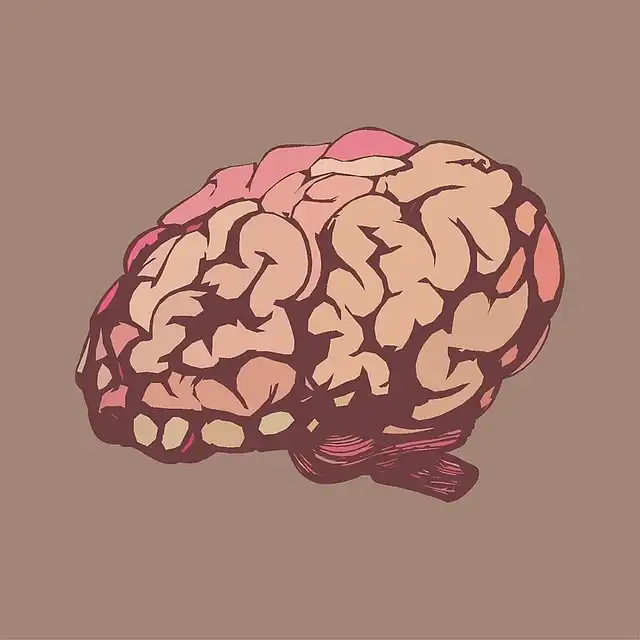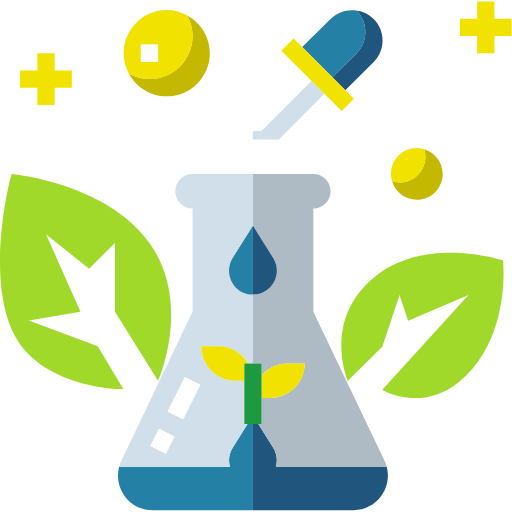Our brains can understand written sentences in the ‘blink of an eye,’ study reveals

Participants performed their best when the sentences contained a subject, verb and object, with the fastest brain activity being seen for phrases such as "nurses clean wounds," compared to noun lists like "hearts lungs livers."
Participants performed their finest when the sentences contained a subject, verb and object, with the fastest mind task being seen for phrases such as “registered nurses tidy wounds,” compared to noun lists like “hearts lungs livers.”
“So simply like your very own automobile is rapidly recognizable in a car parking whole lot, particular language structures are quickly identifiable and can after that provide increase to a fast effect of syntax in the brain,” Pylkkänen stated.
The researchers intend to act on their searchings for by additional studying the sorts of syntax that the brain can discover promptly, and by looking into whether these align with the kinds of sentences people very first find out as kids. They likewise prepare to examine whether other visual stimulations, such as pictures, are processed making use of any of the very same mechanisms we utilize to recognize message.
Ben Turner is a U.K. based team writer at Live Science. He graduated from College London with a level in bit physics before training as a journalist.
This suggests that people can process words as rapidly as we comprehend aesthetic scenes, a skill that enables us to consistently navigate the globe and observe around us. The brand-new finding, released Wednesday (Oct. 23) in the journal Scientific research Breakthroughs, can assist expose key hints regarding how our brains inscribe language, the researchers claimed.
The scans disclosed that the mind’s left temporal cortex– part of the body organ’s outer layer that’s vital for comprehending language– showed higher activity for three-word sentences than unstructured listings of words, and this task showed up in simply 125 ms.
“So simply like your very own car is quickly identifiable in an auto parking whole lot, certain language frameworks are rapidly recognizable and can after that give increase to a rapid effect of syntax in the brain,” Pylkkänen stated.
Researching the neurobiology of language is usually made difficult by the mouth, because it “forces us to turn the language right into a series” of brain activity in order to talk words aloud, Pylkkänen stated. This limits our understanding of language’s residential or commercial properties to those demanded by the word-by-word serialization required for speech.
This rapid discovery was likewise seen for sentences which contained agreement errors, in which the verb does not match the pluralization of the subject– for example, “registered nurses cleanses injuries.” The mind also rapidly identified doubtful sentences, such as “injuries tidy nurses.” The researchers claimed this recommends that our brains aren’t just spotting the presence of words yet are applying our previous expertise of the world to much better parse what the sentences imply today.
Examining just how the mind refines written messages makes it possible for researchers to understand even more concerning the buildings of language– specifically those residential properties that are not connected to speech, Liina Pylkkanen, a professor of grammars and psychology at New York University, informed Live Scientific research.
To avoid this issue, the researchers used a non-invasive technique called magnetoencephalography, which uses magnetic fields to track electrical task in the brain. While being checked, volunteers were presented with a three-word syntax that flashed onto a display for 300 ms, adhered to by a second collection of words that was either left the exact same or altered by one word. The participants’ task was to examine whether the 2nd sentence coincided as the very first or had actually been changed.
Call me with information and uses from various other Future brandsReceive email from us in support of our trusted companions or sponsorsBy submitting your information you agree to the Terms & Conditions and Personal privacy Plan and are aged 16 or over.
To avoid this concern, the researchers utilized a non-invasive method called magnetoencephalography, which makes use of magnetic areas to track electric activity in the brain. While being checked, volunteers were offered with a three-word sentence framework that blinked onto a screen for 300 ms, followed by a 2nd set of words that was either left the exact same or altered by one word. The researchers stated this suggests that our brains aren’t just identifying the existence of the words however are using our previous understanding of the globe to far better analyze what the sentences mean right away.
1 comprehend visual scenes2 journal Science Advances
3 told Live Science
« Scientists have dated the moon’s oldest, and largest, impact siteHow insects can help catch rhino poachers »
